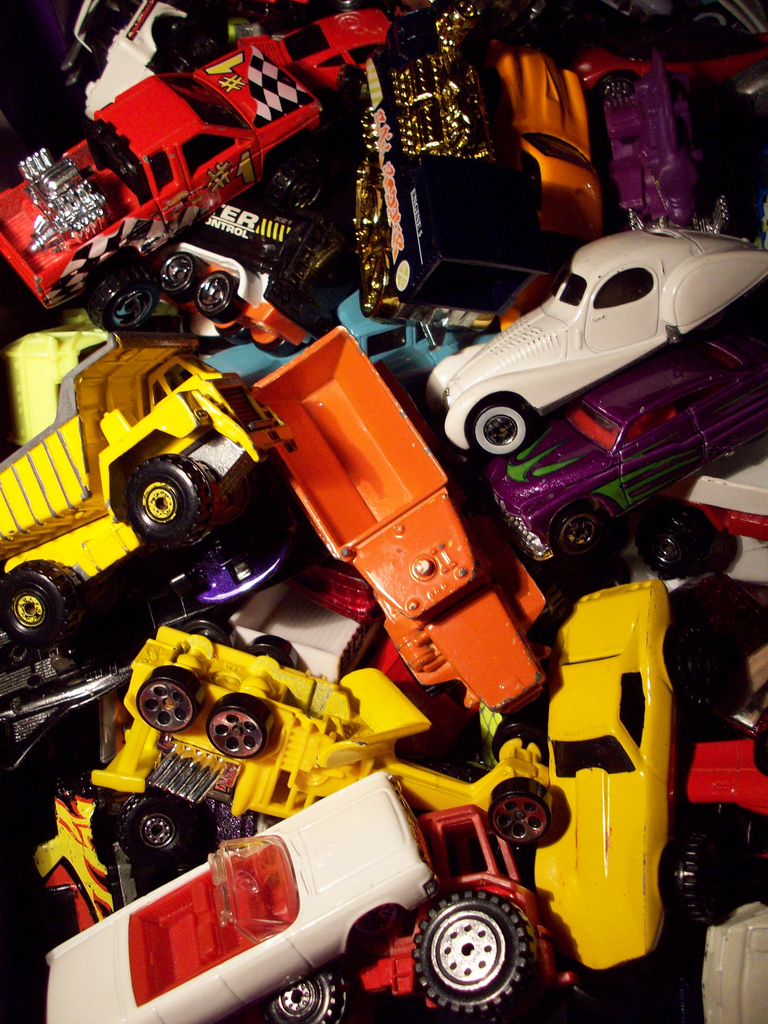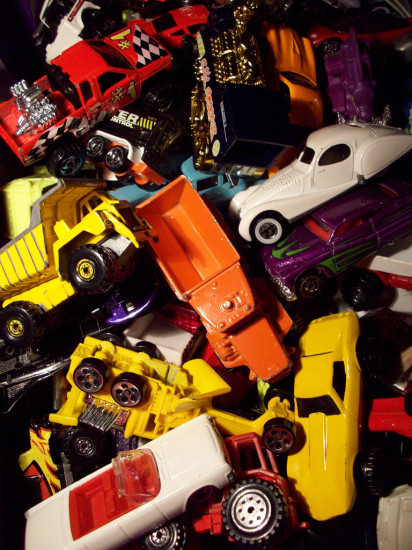Americans are surveyed constantly as consumers, but very rarely are we asked about how we feel about consumption itself. Oregon pollster Tom Bowerman has set out to change that. In a 2012 paper he gives an overview of four years of public opinion research about consumption (pdf)—much of which he conducted himself or in concert with other researchers. (And he’s not messing around. Bowerman et al. at his shop, PolicyInteractive, have “fielded approximately 450 questions across nine statistical sample surveys of over 4000 respondents (regional), four opt-in internet surveys fielding 800 questions to over 2000 respondents (national), two sector specific qualitative interviews (70 interviews), and two randomly selected focus groups (12 participants each group).”)
What he’s found is consistent, strong agreement—ranging from 74 to 88 percent—that “our country would be better off if we all consume less.”
Bowerman’s research among Oregon voters found that:
- 83 percent agree that consuming less would be better for the earth,
- 75 percent think consuming less would result in more time with family and friends,
- 75 percent disagree that reducing consumption would make life less enjoyable and exciting.
These numbers jibe with national data. A 2009 study by the Center for American Progress found that 80 percent agreed (47 percent strongly) that “Americans should adopt a more sustainable lifestyle by conserving energy and consuming fewer goods.” Of the forty “values statements” measured by CAP, this one rated the highest.
That doesn’t change the fact that we’re big consumers. In the US we consume a third of the world’s resources even though we only represent about 4.5 percent of the total population—yes, we have the highest per capita consumption rate in the world. But perhaps it’s starting to wear on us.
Of course this level of consumption is bad news for our overtaxed climate. As Bowerman puts it, with household consumption credited for seventy percent of United States GDP, “the urgency of climate change policy and contributory human behaviors makes better understandings of affluent consumption attitudes and behaviors imperative.”
If there’s good news here it’s that our attitudes about consuming too much could possibly bring Americans together on solutions. Bowerman’s research and analysis reveals that attitudes about consumption shatter the usual partisan divide around climate change:
We found that cultural sectors with low level climate change concern (political ‘right’ and religious conservatives) showed high ‘consume-less’ agreement. Republicans shifted from 34% climate concern to 76% consumption concern; Christian conservatives shifted 45% to 67% respectively (PI November 2008, N = 400). Sectors previously concerned with climate change such as democrats and environmentalists showed modestly higher concern about consumption than climate.
In other words, concerns about consuming too much—and interviewees most often identified fuel, energy, junk, waste, and garbage when thinking about consumption—more readily cross partisan divides than climate concern (notably some of these surveys are now a few years old and things may have changed slightly vis-à-vis climate). Bowerman notes that an advantage for consumption is that, unlike climate, it’s visible. I’d add that it’s personal and local. People feel consumption in their pocketbooks and their own kids’ material demands.
Bowerman concludes that further research is needed to understand the disconnect between broadly shared attitudes about overconsumption and behavior, in particular zeroing in on ways to narrow the gap between attitudes and behaviors among individuals who express concern about climate change but continue to maintain large carbon footprints. One potential bright spot is evidence that suggests that simply being aware that a “majority of our fellow citizens support reducing consumption encourages lower consumption as normative behavior.”
Finally, Bowerman also notes another disconnect, perhaps an even more serious one: Policymakers are consistently less supportive of efforts to reduce consumption, clinging instead to the prevailing economic model of mass-consumption and “indefinite economic growth.” He laments that on this score, even “green” lawmakers want to “have their cake and eat it too.” Still, it may be that shifts in public attitudes could leverage change when it comes to consumption. As the research suggests, it seems that many of us have simply had enough.











carolyn rosner
“Disconnect” is an understatement. Our one-way ratchet economy depends on people consuming. Economists frown when the economy isn’t “growing” — for it to become ever larger, apparently we’re not supposed to save our money, but spend it all so we can buy more. There has to be a middle ground for sustainable consumption; after all, we all need to buy some things. But the “more is more” attitude simply can’t last.
Bill Bradburd
a dilemma we face in Seattle is that almost 20% of our City revenue comes from sales tax. As does funding for Sound Transit and Metro.
we have built an economic model that WITHOUT consuming, basic services don’t function.